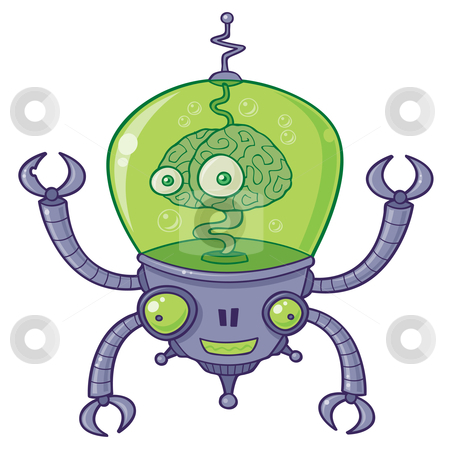 When making your own judgments about the brain disease model of addiction, consider the following excerpt from Neuroscience And Philosophy: Brain, Mind, & Language by Maxwell Bennett and Peter Hacker:
When making your own judgments about the brain disease model of addiction, consider the following excerpt from Neuroscience And Philosophy: Brain, Mind, & Language by Maxwell Bennett and Peter Hacker:
But do we know what it is for a brain to see or hear, for a brain to have experiences, to know or believe something? Do we have any conception of what it would be for a brain to make a decision? Do we grasp what it is for a brain (let alone a neuron) to reason (no matter wether inductively or deductively), to estimate probabilities, to present arguments, to interpret data, and to form hypotheses on the basis of its interpretations? We can observe whether a person sees something or other – we look at his behaviour and ask him questions. But what would it be to observe whether a brain sees something – as opposed to observing the brain of a person who sees something. We recognize when a person asks a question and when another answers it. But do we have any conception of what it would be for a brain to ask a question or answer one? These are all attributes of human beings. Is it a new discovery that brains also engage in such human activities? Or is it a linguistic innovation, introduced by neuroscientists, psychologists and cognitive scientists, extending the ordinary use of these psychological expressions for good theoretical reasons? Or, more ominously, is it a conceptual confusion? Might it be the case that there is no such thing as the brain’s thinking or knowing, seeing or hearing, believing or guessing, possessing and using information, constructing hypotheses, etc., i.e. that these forms of words make no sense? But if there is no such thing, why have so many distinguished scientists thought that these phrases, thus employed, do make sense?
Do brains use substances, or do people use substances? Does the brain walk down to the store, buy a drink, open it, and drink it – or does a person do all of that? Does a brain seek pleasure – or does a person?

I like this challenge. It seems to say I do what I do because I’m a human being, not because my neurons can reason or are reasonable. Thanks for my brain scan, don’t really care. I do see a hint, though, that that is the 12-steppers point. There are places we arrive, whatever our “ah-ha” is, that isn’t grounded in brain scans or reasons. That is part of the justification for an approach that preaches morals, with emphasis on what we can and can’t do/change. I guess where I separate is in frame and language… I want to believe that I’m powerful enough to change my attitude, stance, and drug use without a higher power.
Yes – they’re saying that you are more than a brain. People, not brains, are who go through a process of reasoning. It’s not an automatic process of neurons.
You are powerful enough. A good way to start is by accepting your drug/alcohol use up to this point as what you have freely liked and chosen based on your thoughts and life experience thus far. Accept that it is ok, and that it doesn’t make you a bad person, because your life is your own, and you get to do with your time exactly as you please. Drop the shame. Then, think about whether it still provides the kind and quality of happiness you desire at this point in your life. If so, then I guess you continue. But if you have even an inkling of thought that you might be happier living differently – then explore what that way of life might be like, envision it, and then start putting it into action for long enough to truly test if you might have a more satisfying life available to you.
All of this type of action – reasoning, imagining, trying new things – is a category of actions carried out by a person (you) – not by a brain. Brains fire neurotransmitters and move blood around etc – they have a different category of behavior that is irrelevant to the way you as a person behave and relate to your world and envision and pursue your options within that world.
Great, I’ll pass that along to my friend. 🙂 I certainly do have an inkling that changes and adjustments are in order. It can be hard to hit the Start button. Thanks for your thoughtful reply.